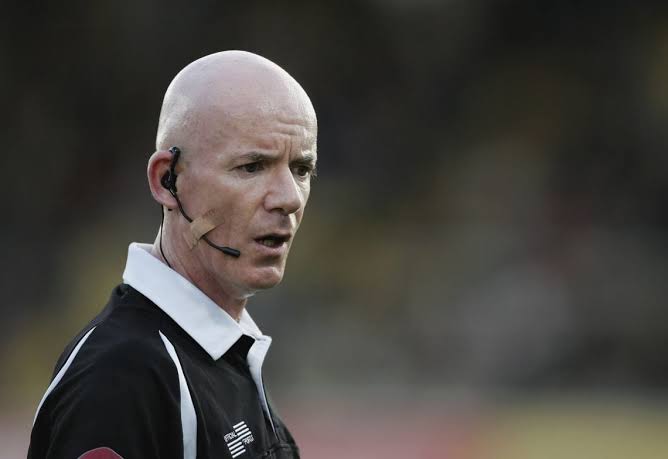
Former Premier League referee Dermot Gallagher has weighed in on the contentious decision that took place during Fulham’s clash with West Ham, providing insight into why the incident involving a potential penalty call was not given. Fulham manager Marco Silva was vocal in his frustrations after the match, questioning why his side wasn’t awarded a penalty following what appeared to be a foul on one of his players in the box.
The incident occurred during a heated exchange inside Fulham’s penalty area, with West Ham pushing for a breakthrough. Many Fulham supporters and Silva himself believed a West Ham defender had illegally brought down one of Fulham’s attackers, prompting calls for a penalty. However, the match officials waved away the appeals, and no further action was taken after a VAR check.
In a post-match interview, Silva didn’t hold back in expressing his dissatisfaction with the decision, suggesting that the officials had overlooked a clear infringement. However, Gallagher, now a regular pundit on Premier League officiating decisions, offered a detailed breakdown on why the referee’s decision to not award a penalty was, in his view, the correct one.
Gallagher explained that while there was contact between the players, it didn’t meet the threshold for a penalty in the context of Premier League officiating standards. “The defender’s actions were more about positioning and attempting to challenge for the ball. It wasn’t reckless, nor did it show intent to trip or hold the attacker in a manner that would warrant a penalty,” Gallagher stated.
He further elaborated that referees are instructed to evaluate such incidents carefully and to assess the nature of the contact. “There will always be moments where players collide in the box. Football is a contact sport, and not every contact is a foul. In this case, the defender’s challenge was within the limits of fair play, and the VAR check confirmed that the decision on the field was appropriate.”
Silva, however, wasn’t entirely convinced by this interpretation, suggesting that the consistency of refereeing decisions in the Premier League had been questionable this season. “We’ve seen penalties given for less,” Silva argued in his press conference, highlighting his frustration with how similar incidents have been judged in other matches.
Despite Silva’s protestations, Gallagher believes that this particular call falls in line with the current guidelines referees are expected to follow. “It’s a fine balance, and it’s easy to see why managers get frustrated, especially when decisions don’t go their way. But, in this instance, the referee made the right call in real-time, and VAR backed that up.”
The decision remains a talking point, with Fulham feeling aggrieved that they didn’t have the opportunity to take the lead through a spot-kick. For West Ham, the non-decision allowed them to continue pressing for a result, but the overall match ended with both sides unable to find a breakthrough.
As the Premier League continues to tweak and refine the use of VAR and officiating standards, moments like these will undoubtedly be scrutinized heavily, with fans, players, and managers alike hoping for greater clarity in such contentious decisions.
Leave a Reply